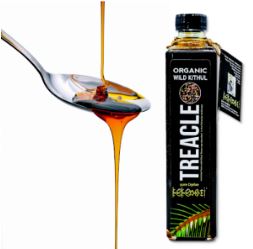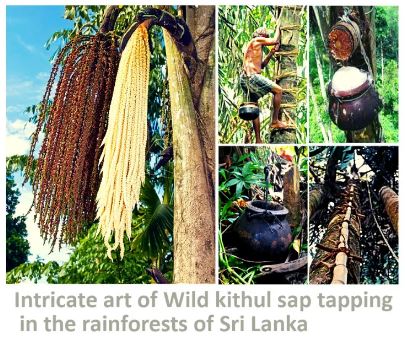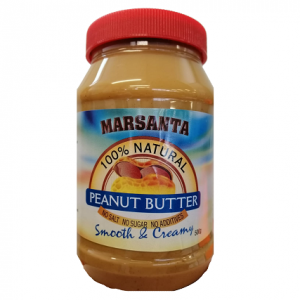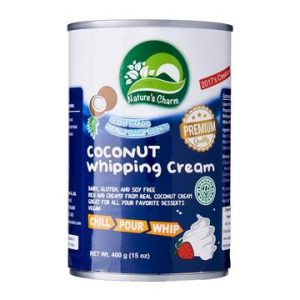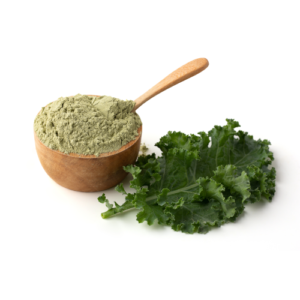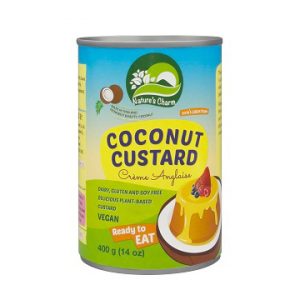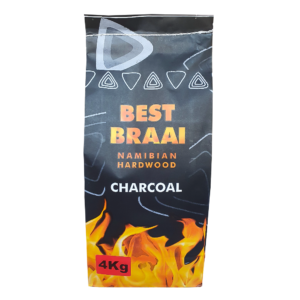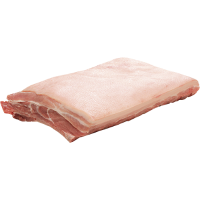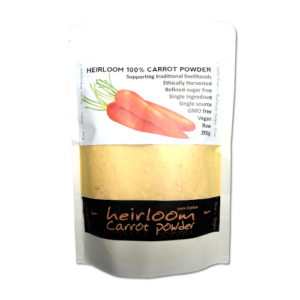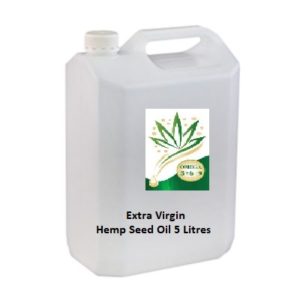Description
ABOUT
Versatile:
Kokonati organic Wild kithul treacle is made from the sap tapped from the Caryota urens flower blossoms. Caryota Urens or Fishtail palm is a palm that grows wild in the rainforests of Sri Lanka. The sap is slowly evaporated into a thick syrup. Kithul treacle has a unique depth of flavor that enhances the cooking and baking with an exotic flavor, truly wild, literally a forest-harvested product!
Uses:
Use in refined-sugar-free baking and as a natural derived alternative to heavily refined sugar-syrups. Can replace regular syrup 1: 1. Can also be used in place of honey and maple syrup. Use as topping for cereal, yogurt, or ice cream!
Flavor:
Aroma is smoky and taste is pleasantly sweet and complex. Depending on the harvest and season every batch of treacle can vary in color and to a minor degree in taste as it is a natural cottage-industry product that does not use any chemical refining, additives, or preservatives to standardize product like with large-scale commercially processed syrups
Ingredients:
100% evaporated wild kithul sap.
Storage
Keep airtight in the pantry, away from sunlight and damp. Use within 3-4 months from opening. Refrigeration is recommended as naturally present yeasts in the air could ferment the product if stored at room temperature after opening. With a best before of two years from the manufacture date, wild kithul treacle remains safe to use for even longer periods as long as it is stored with minimal exposure to light, air, and moisture. This is why Kokonati wild kithul treacle is packed at the origin, in the very region where the forests it is harvested from are. This seals the freshness and reduce exposure from day one.
There is nothing else. No refining or coloring. 100% zero-waste, no bi-products. This product is internationally accredited by Control Union; Certified Organic (EU and USDA NOP), ISO and/or HACCP certified.
Benefits:
Wild Kithul treacle is rich in amino acids, enzymes, vitamins, and minerals because it is made for kithul sap, harvested from wild kithul trees that grow in rich, rainforest soils. Like Coconut sap, Wild Kithul treacle has also been tested and said to have a low Glycaemic Index (GI) level of 35 to 38. Low GI sugars when consumed are metabolized slowly which helps regulate energy levels for daily activity without causing the “high” and “lows”’ that refined sugars and artificial sweeteners can cause. As it is a natural product rich in minerals and enzymes it aids the slow absorption of sugar into the bloodstream.
100+ years of expertise:
Our Wild kithul treacle sales supports the traditional livelihoods of villagers in the rainforest regions of Sri Lanka. Kithul sap is harvested by traditional methods handed down generations of sap-tapping families. It is an intricate art; harvesting and extracting kithul sap and reducing it to a syrup without altering or caramelizing its natural flavor. This traditional production allows village populations to utilize their age-old knowledge and expertise to survive in this modernized and mechanized world of manufacture by producing this 100% natural unrefined product. The sap-tapper families collect the natural sap every 12 hours and simmer it gently to reduce it. The resulting thick treacle is sent to the local mill where it is filtered and packed into sterilized bottles and sealed for freshness. Backed by generations of expertise, and certified with ISO and Organic standards, the mill plays a vital role in the employment, welfare and wellbeing of the village community. The children of our workforce are provided with school books and stationery for the entire school year. The mill also organizes religious and cultural events to inculcate a sense of belonging to a bigger cause, bringing a sense of pride and community to the villagers who are using age-old knowledge, treading lightly, and making a living for their families, sustainably.
Packaging and recycling – 525g bottles. A light warm soak or a run under the hairdryer will remove the labels which are biodegradable and can be composted or disposed of in the garbage bin. If not reusing, dispose of the recyclable glass bottle in your recycling bin. In our homes, we reuse packaging as much as we can. See ideas here!

